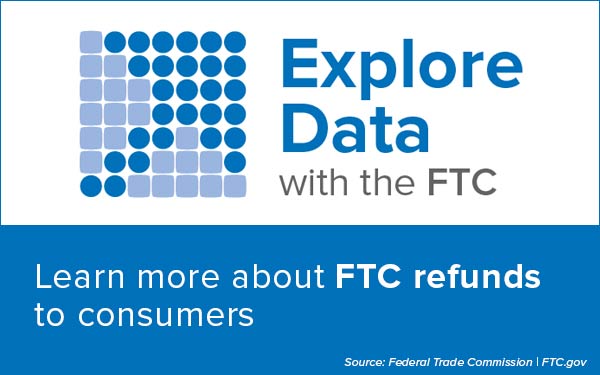The Federal Trade Commission is sending payments totaling more than $415,000 to 3,508 consumers who financed a car or truck at a Tate’s Auto dealership after January 1, 2013, and later had the vehicle repossessed. Tate’s Auto, which operated dealerships in Arizona and New Mexico, allegedly deceived consumers about payment information and falsified information on consumers’ financing applications.
Eligible consumers will receive a check in the mail, unless they specifically requested a PayPal payment. Recipients should cash checks within 90 days or redeem PayPal payments within 30 days. Consumers who have questions about their refund should call the refund administrator, JND Legal Administration, at 888-964-0009. The Commission never requires people to pay money or provide account information to get a refund. 
The FTC sued Tate’s Auto in 2018 for inflating consumers’ income on financing applications to third-party lenders, as well as deceiving consumers about the lease or financing terms of the vehicles they were buying. Many of Tate’s customers were citizens of the Navajo Nation, and Tate’s Auto frequently ran radio and print ads in Navajo media. The FTC settled with the auto dealerships in August 2020 and ultimately reached a settlement with the individual defendant in July 2021 that required the defendant to pay money for consumer redress. The FTC wishes to acknowledge the valuable assistance of the Navajo Nation Human Rights Commission during the investigation of this case.
The Commission’s interactive dashboards for refund data provide a state-by-state breakdown of refunds in FTC cases. In 2021, Commission actions led to more than $472 million in refunds to consumers across the country, but these refunds were the result of cases resolved before the U.S. Supreme Court ruled in 2021 that the Commission lacks authority under Section 13(b) to seek monetary relief in federal court going forward. Because of that ruling, the Commission no longer has its strongest tool to return money to consumers, and it will become harder to provide refunds to consumers harmed by deceptive and unfair conduct going forward. The Commission has urged Congress to restore the Commission’s ability to get money back for consumers.